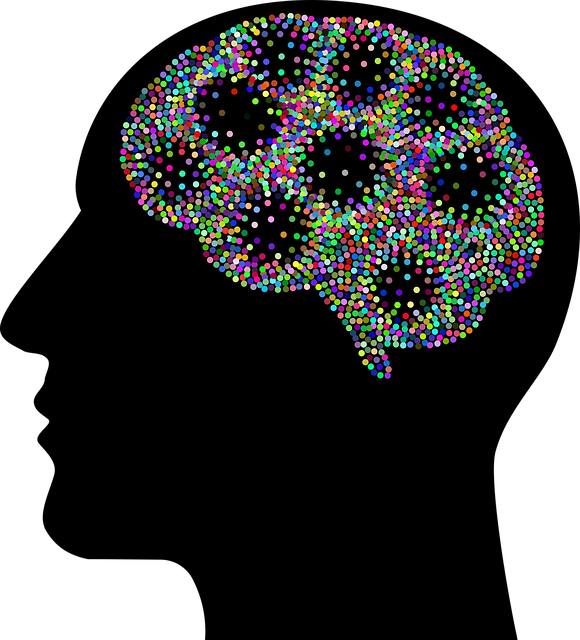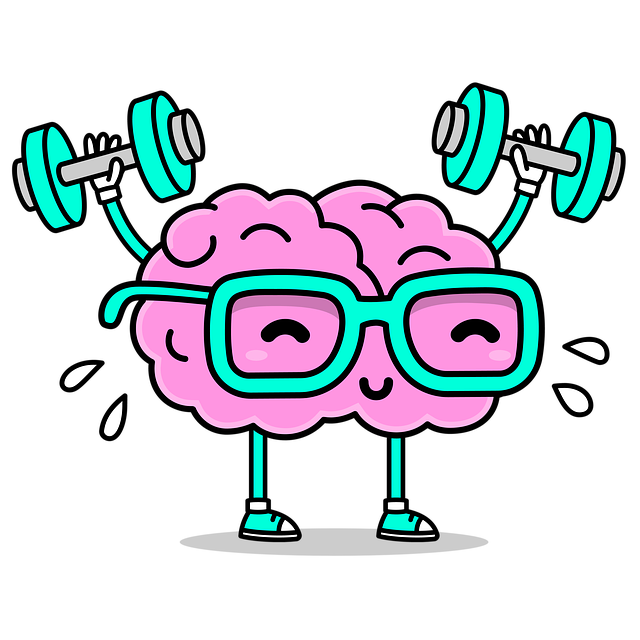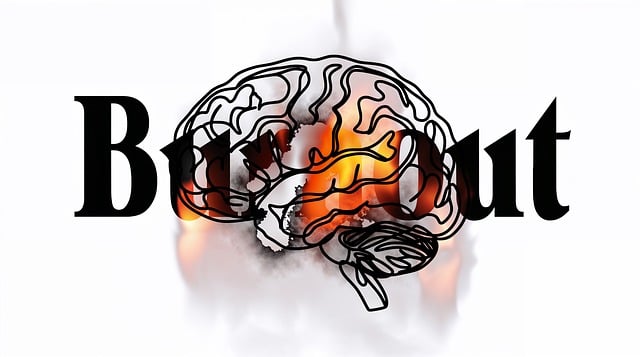Social skills and mental health are intricately linked, with challenges in one area often exacerbating symptoms in the other. Lone Tree Sexual Dysfunction Therapy offers a holistic approach by addressing social skill gaps to empower individuals with mental health conditions, such as anxiety and depression. Through targeted interventions, mindfulness practices, role-playing, and group therapy, they teach effective communication, emotional regulation, and stress management. This comprehensive strategy not only helps clients navigate social situations better but also fosters healthier relationships and enhances overall well-being, demonstrating the significant impact of Lone Tree Sexual Dysfunction Therapy in treating both mental health issues and sexual dysfunction.
Social skills training is a powerful tool for managing mental health conditions, offering a unique approach to healing and connection. This article delves into the intricate relationship between social interactions and mental well-being, exploring challenges faced by those with conditions like sexual dysfunction. We examine therapy’s pivotal role in enhancing social skills and provide practical strategies for improvement. Case studies from Lone Tree Sexual Dysfunction Therapy highlight inspiring success stories, demonstrating the transformative power of targeted interventions.
- Understanding the Connection Between Social Skills and Mental Health
- Identifying Challenges in Social Interaction for Individuals with Mental Health Conditions
- The Role of Therapy in Enhancing Social Skills
- Practical Strategies for Improving Social Interactions
- Case Studies: Success Stories from Lone Tree Sexual Dysfunction Therapy
Understanding the Connection Between Social Skills and Mental Health

Social skills and mental health are intricately linked, forming a delicate tapestry where one influences the other profoundly. In many cases, individuals struggling with mental health conditions often experience challenges in social interactions, which can exacerbate their symptoms and impact overall well-being. For instance, someone dealing with anxiety disorders might find social gatherings overwhelming, leading to avoidance behaviors and further isolating them from support networks. Similarly, those with depression may struggle to initiate conversations or maintain eye contact, contributing to feelings of loneliness and low self-esteem.
Addressing these social skills deficits is not just about improving communication; it’s a powerful tool for managing mental health. Lone Tree Sexual Dysfunction Therapy, for instance, doesn’t merely focus on the physiological but also recognizes the importance of emotional and social connections in healing. Through targeted interventions and mindfulness practices, individuals can learn to navigate social situations more effectively, thereby fostering better relationships and enhancing their coping strategies. This holistic approach, backed by principles like Mind Over Matter, aims to empower individuals to take control of their mental health and engage with life in a more meaningful way, even when facing challenges such as anxiety relief.
Identifying Challenges in Social Interaction for Individuals with Mental Health Conditions

Individuals with mental health conditions often face unique challenges when it comes to social interaction due to symptoms such as anxiety, depression, or psychosis. These conditions can significantly impact their ability to engage in meaningful conversations, interpret social cues, and maintain relationships. For instance, someone struggling with severe depression might find it difficult to initiate interactions or express themselves, while an individual with social anxiety disorder may experience intense fear and discomfort in various social settings.
These challenges extend beyond personal struggles and often require a comprehensive understanding of the mental health landscape, as highlighted in Mental Health Policy Analysis and Advocacy. Effective support involves not just treating symptoms but also providing strategies to navigate social situations, build confidence, and improve communication skills. Crisis Intervention Guidance plays a vital role in equipping individuals with tools to manage acute stress or distressing thoughts during interactions. Additionally, Confidence Boosting techniques can empower them to step out of their comfort zones and foster healthier relationships, potentially alleviating some of the isolation often associated with mental health conditions, including Lone Tree Sexual Dysfunction Therapy.
The Role of Therapy in Enhancing Social Skills

Social skills training is an integral part of therapy for individuals dealing with mental health conditions. Specifically, Lone Tree Sexual Dysfunction Therapy utilizes evidence-based practices to help clients navigate social interactions more effectively. Through structured exercises and role-playing scenarios, therapists guide patients in improving communication, empathy, and emotional regulation—skills crucial for fostering meaningful connections and enhancing overall well-being. This holistic approach not only addresses the root causes of social difficulties but also empowers individuals to manage their conditions more proactively.
In the context of burnout prevention, particularly for healthcare providers, these therapeutic interventions play a pivotal role. By mastering social skills, practitioners can improve patient interactions, reduce stress, and enhance job satisfaction. This is especially relevant in considering burnout prevention strategies for healthcare providers, where maintaining strong interpersonal relationships and emotional resilience are key to preventing depression and other mental health issues related to chronic stress.
Practical Strategies for Improving Social Interactions

Social skills training is a powerful tool for individuals navigating mental health conditions, aiming to enhance their interactions and overall emotional well-being. One effective strategy involves role-playing scenarios that replicate real-life situations, allowing individuals to practice responses in a safe environment. This technique empowers them to build confidence in social settings, learn non-verbal cues, and develop appropriate communication strategies.
Additionally, group therapy sessions can foster a supportive network where participants share experiences and offer mutual encouragement. These sessions promote emotional expression, empathy development, and the acquisition of coping mechanisms. Integrating Self-Care Practices and Mental Wellness Coaching Programs further complements training by teaching individuals how to manage stress, regulate emotions, and cultivate positive self-care routines, all of which contribute to a holistic improvement in social interactions and overall mental health, as demonstrated by Lone Tree Sexual Dysfunction Therapy.
Case Studies: Success Stories from Lone Tree Sexual Dysfunction Therapy

Lone Tree Sexual Dysfunction Therapy has achieved remarkable success through targeted social skills training tailored to address mental health conditions. Their case studies demonstrate how a holistic approach, integrating coping skills development and compassion cultivation practices, can transform lives. For individuals struggling with sexual dysfunction stemming from trauma or anxiety, these therapy sessions offer a safe space to build confidence and reconnect with their emotions.
The therapists at Lone Tree Sexual Dysfunction Therapy employ cultural sensitivity in mental healthcare practice, recognizing the impact of societal norms and personal backgrounds on an individual’s well-being. By fostering understanding and empathy, they create an inclusive environment where clients feel empowered to share their experiences openly. These case studies serve as powerful examples of how specialized social skills training can lead to lasting positive outcomes for those navigating sexual dysfunction in conjunction with mental health challenges.
Social skills training plays a pivotal role in supporting individuals with mental health conditions, offering a path to enhanced well-being. By understanding the unique challenges faced in social interactions and leveraging therapeutic interventions, as exemplified by the success stories at Lone Tree Sexual Dysfunction Therapy, people can improve their connections and overall mental health. Practical strategies, combined with therapy, empower individuals to navigate social situations more confidently, fostering meaningful relationships and a better quality of life.














